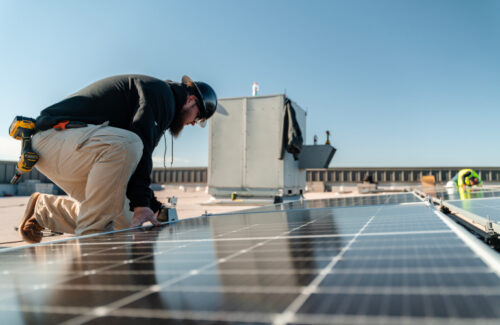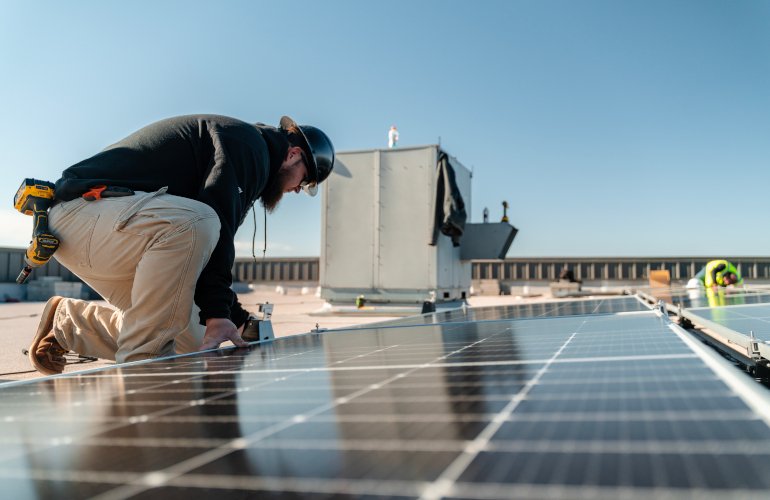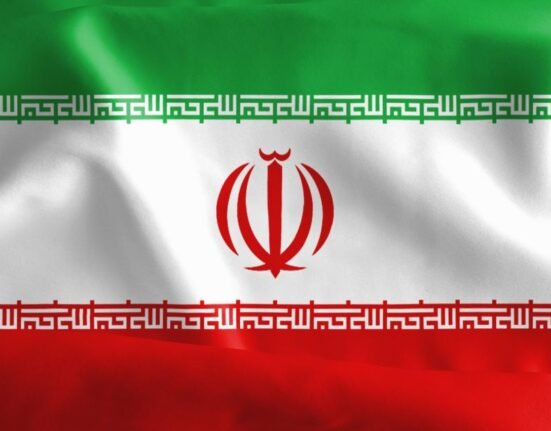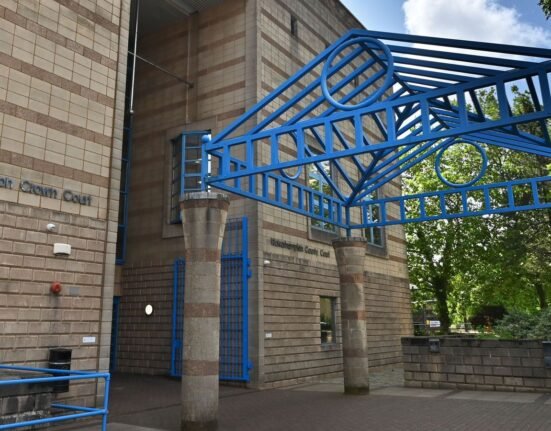As the solar industry matures, more regulations and supply chain bottlenecks become part of everyday business. To remain competitive and profitable, wholesale buyers must diversify their business models.

Credit: EightTwenty
One way to do so is to implement secondary market strategies, including partnering with solar equipment brokers, to broaden accessibility to PV hardware pricing and availability. An extensive scope gains stability amidst volatility.
What prevents a company from exploring and implementing secondary market solutions? Perhaps the main reason is an overall misunderstanding of what the secondary market is and what brokers have to offer.
One misconception is that the secondary solar market doesn’t exist.
“I think people in the solar industry underestimate how big the secondary market is,” said Christian Adams, CEO and founder of Alchemy Solar Distribution. “And it’s growing, especially within the past three years since I’ve launched my company.”
Another misconception is that the secondary market only consists of used products. The reality is a large bulk of today’s secondary U.S. market is new products with warranties.
“I thought for sure that excess module supply would have dried up by 2016,” said Yousri Abdou, founder of Aten Solar. “It didn’t. There are always people looking to sell their unwanted, new-in-original-packaging modules.”
According to EnergyBin, an alliance of PV professionals advancing solar equipment resale and recycling, and of which Aten Solar and Alchemy Solar Distribution are members, 1.7 million modules have been listed for resale on its exchange since 2020. In 2024, 95% of modules were new, and over 90% had efficiency rates of 19.0% or higher.
The secondary market provides a distribution channel for those modules and other PV equipment that have been sold once and become available for sale again, whether due to project leftovers, cancelations or liquidations. The aim is to remarket these products to redeploy them to projects in need of equipment today, rather than store them in warehouses where they lose value over time.
Solar equipment brokers, also known as resellers, work to match products with buyers’ needs. Brokers have a vast network of relationships to locate products often at less cost than what buyers could by their own means.
In a volatile market where price and availability are affected by supply chain issues, geopolitical factors, including tariffs, net-metering changes and incentive phaseouts, as well as technological advancements, the astute wholesale buyer may largely benefit from partnering with a broker who can expand the buyer’s scope for sourcing products.
Furthermore, brokers are equipped to help negotiate buying terms, which is helpful to developers, EPCs and contractors who have complex project needs that span the course of several months or years.
Nonetheless, a third misconception is the belief that solar equipment brokers bring no value to wholesale buyers.
In practice, a broker digs deep into product research and industry news to inform the buyer why a certain panel is good for their project. The broker is well versed on a module’s bankability, performance, reputation and workmanship. And because brokers are brand-agnostic, they act as the buyer’s ambassador.
“When I get pushback about the brokering services I offer, I tend to counter-question with: Why would you go to Priceline, Travelocity or Expedia? Usually, it’s because you want a one-stop shop to explore availability and pricing. Modules comprise the largest bulk of the project cost other than labor. A good broker will present you with the best pricing based on availability,” said Abdou with Aten Solar.
Several solar companies have added brokering as a service and as a strategy to diversify their business models in an increasingly competitive industry. The EnergyBin alliance now consists of over 500 vetted professionals who include brokering as a service to buyers.
“I want the industry to stop thinking negatively about brokers. In general, we think positively about real estate brokers and insurance brokers. Then there’s Amazon — the world’s largest broker. No one thinks twice about clicking that ‘Pay Now’ button because Amazon offers better deals and service, and they save you time. That’s what a solar equipment broker does for wholesale buyers,” said Adams with Alchemy Solar Distribution.
To ensure a positive experience when working with a broker, Abdou and Adams recommend buyers conduct their due diligence.
“Request customer and manufacturer references. Make a point to have a conversation with the broker. Don’t just exchange emails,” Abdou said.
“Ask your industry peers if they know who you’re about to do business with. If no one knows the broker, that’s a red flag,” Adams said.
Obtaining references is a solid step to verifying a company’s reputation. EnergyBin provides trade references to wholesale buyers of those companies who are alliance members. Additionally, EnergyBin provides a free guide that includes tips for buyers to verify solar equipment resellers.







